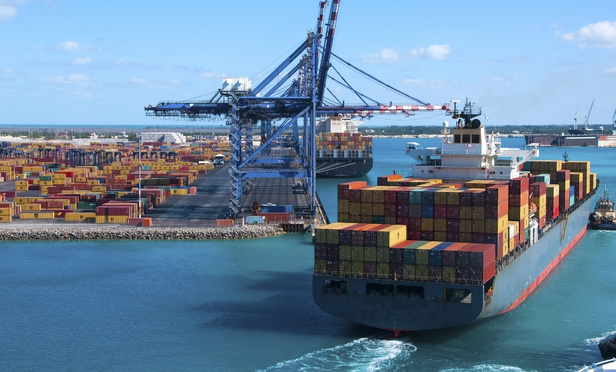With economic distress roiling the shipping industry, a number of foreign-based ship owners have sought refuge in the U.S. bankruptcy courts. Ship owners based in Bermuda, China, Greece and Taiwan have followed U.S.-based owners such as Overseas Shipholding, General Maritime and Genco Shipping & Trading in filing Chapter 11 cases. Their use of the U.S. legal system is ironic since many foreign fleet owners structure their businesses to avoid subjecting themselves to our regulatory and tax jurisdiction. Why this seeming incongruity?
Foreign ship owners have been attracted by our comprehensive system for business reorganizations, which preserves existing management and protects assets while providing the ability to impose debt restructuring on non-consenting creditors. But bankruptcy is not the perfect solution for these cases. Some Supreme Court decisions have cast a shadow over the exercise of “judicial power” by bankruptcy judges.1 And, when Justice Sonia Sotomayor was sitting on the Second Circuit she observed that “[j]urisdictional conflicts between admiralty and bankruptcy have long perplexed courts and scholars.”2 Most recently, issues about the scope of bankruptcy and admiralty jurisdiction have overwhelmed the Chapter 11 case filed by O.W. Bunker Holding North America Inc.3 With more international shipping cases landing on our shores, the limits of the bankruptcy jurisdiction will continue to be tested.



